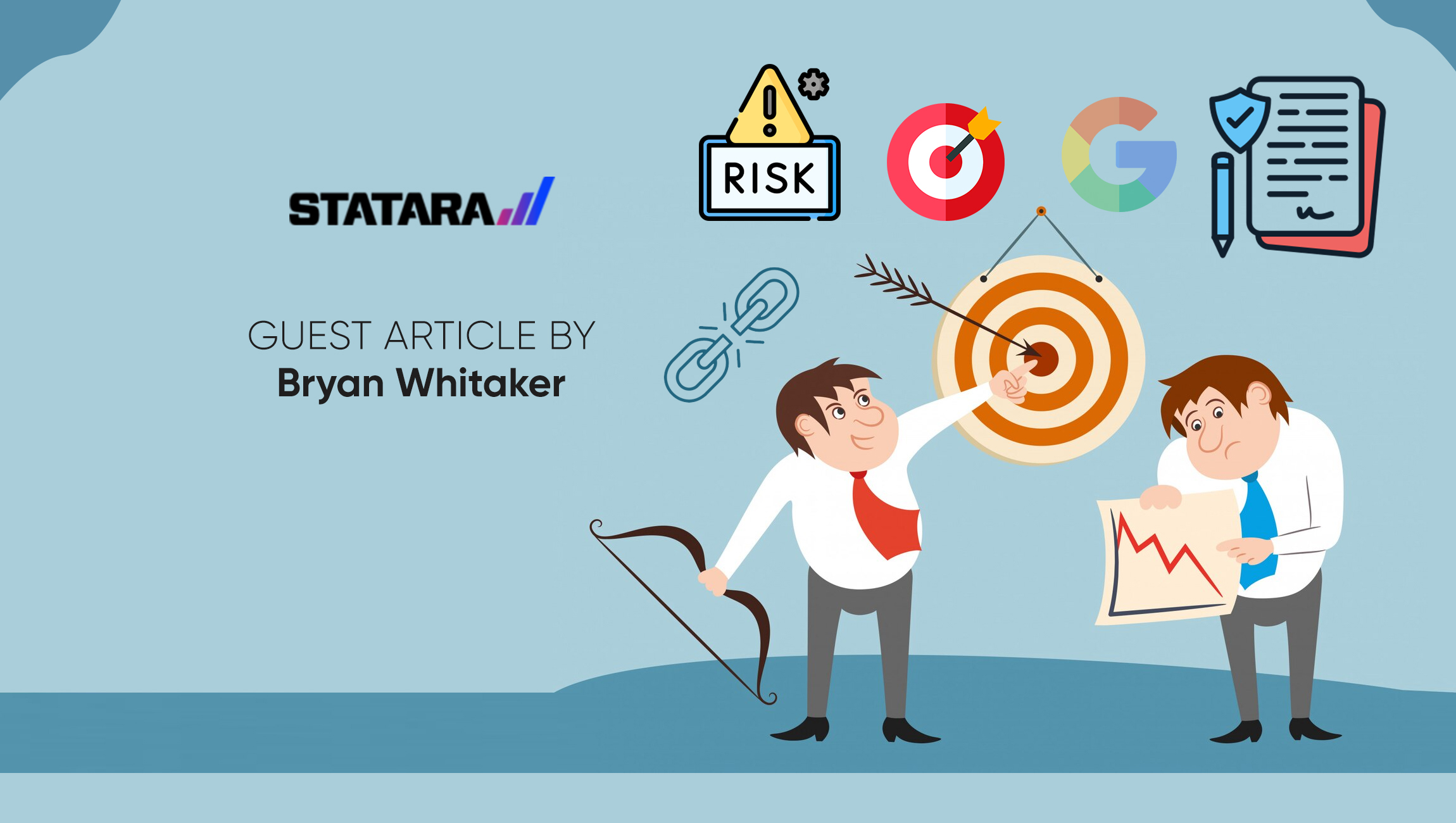Will Oatley, Co-founder at mplus talks about the evolving AI and adtech marketplace in this MarTech Series catch up:
________
Hi Will, tell us about yourself and the idea behind mPlus, what makes this adtech platform unique?
I’ve spent 15 years in digital marketing in the UK, Canada, and the US, working with brands like Microsoft, General Motors, Coca-Cola, Subway, and Disney. Over time, I shifted to focus on investment and tech, identifying gaps in the digital media supply chain. This led my co-founder, Katelyn Daniell, and I to create an adtech solution, mplus.
With increasing privacy regulation and growing consumer concern around how brands access their data, we felt we needed to disrupt the relationship between advertisers and consumer data. What makes mplus unique is our zero-party data foundation. By incentivising consumers to share their data directly with consent, we help advertisers gain high-quality insights without compromising user privacy. The platform maps survey responses with purchase data to develop audience segments for more precise targeting and prospecting. Mplus audiences modeled drive 3.5x purchase intent compared to other behavioral or contextual segments.
We’d love the highlights of your new retail solution and how it enables end users?
The mCommerce Retail plugin enables Fortune 500 and emerging D2C brands to survey their customers across their owned and operated properties, including mobile apps, by leveraging mplus technology. It’s able to marry on-site transactions with self-declared survey data to build audience segments.
Advertisers can then activate these segments across other channels, such as social and RTMs. The plugin is meant to give advertisers a sustainable, privacy-compliant, and highly effective way to build a net new audience data asset for long-term advertising strategies.
Why is zero-party data something that marketers and advertisers should pay more attention to?
Marketers and advertisers should focus more on zero-party data because it’s consent-based, deterministic and gives consumers greater control, thereby making it more sustainable, especially when compared to cookies. 0PD solves for the future, transforms how consumers give data and provides much richer insights for activation.
With the decline of third-party cookies and increasing data regulations, zero-party data also allows brands to personalize experiences authentically and maintain transparency with their customers. The strategy builds trust between brand and consumer, creating a sustainable, long-term plan for engaging and retaining loyal customers.
Marketing Technology News: MarTech Interview with Arthur Leopold, co-founder and CEO @ Agentio
What about today’s state of adtech and data would you throw light on?
The adtech landscape today is dictated by a few dominant players – the aptly-labeled “walled gardens” like Google, Meta, and Amazon. Yes, these platforms provide an all-in-one solution for advertisers, but the dominance comes at a cost:
- Data silos: advertisers end up locked into their ecosystems, with limited ability to transfer or leverage data outside of the “walled gardens.” It hinders transparency and innovation across platforms.
- Barrier to competition: smaller, independent adtech players have a hard time competing. With reduced competition, advertisers face increasing costs.
- Dependency risks: when prices fluctuate and platforms change policies, advertisers are basically at their mercy. And when they decide to leave these ecosystems, advertisers can’t retain their data, which adds to the challenges.
I think consumer awareness about data privacy has reached unprecedented levels. There’s a fundamental shift now in how brands collect and use data. Third-party cookies used to reign in digital advertising, but are increasingly being phased out because they are invasive in nature and frankly, unsustainable.
First-party data offers valuable insights from consumer interactions, but it only gives a partial understanding of intent and behavior. Zero-party data, which is information willingly shared by consumers, such as preferences and intentions, is increasingly more attractive for advertisers.
This data is accurate, consent-driven, and compliant with privacy regulations. Brands build trust with their customers. Zero-party data has an added strategic advantage: it enables personalized and effective campaigns without this over-reliance on “walled garden” platforms.
Can you talk about some of the unique adtech tools from around the global adtech market that have piqued your interest and why?
The industry is increasingly adopting Unified ID 2.0 (UID 2.0), an open-source, privacy-first identity framework designed to address the challenges posed by the decline of third-party cookies and the rise of stringent privacy regulations. UID 2.0 leverages first-party data, such as anonymized email addresses, to create a secure, user-consented identifier for advertisers.
Unlike traditional tracking methods, it prioritizes transparency and gives users control over their data, aligning with evolving privacy standards while enabling effective advertising in a cookieless world.
A few thoughts on AI and Adtech before we wrap up?
I have to highlight the rise of AI agents in adtech as one of the most transformative trends shaping the industry today. AI is being applied across a variety of functions, including algorithm optimization, media planning, buying, creative development, and campaign performance analysis. It can process and analyze massive datasets in real time, uncovering insights and making adjustments that would take human teams significantly more time to achieve.
AI agents can identify trends, adjust budgets, refine audience targeting, and even test creative variations instantly. I believe they’ll be the kind of disruptive technology that takes the digital advertising industry to the next level of optimization, making sure campaigns are more agile and effective. Besides enhancing performance, AI also opens the door to predictive modeling, which will help advertisers anticipate consumer behavior and make proactive decisions.
As this tech evolves, the integration of AI into adtech will not only improve efficiency but also lead to more dynamic advertising experiences for consumers.
Marketing Technology News: The Evolution of Data Analytics in Marketing

Toronto-based mplus provides advanced advertising technology options built on its proprietary zero-party data platform. It offers a range of tools, including audience targeting, ad optimization, and performance measurement, to help businesses improve their advertising strategies and achieve better results. mplus’ goal is to innovate and democratize the adtech industry, ensuring all advertisers can equally benefit from improved ad technology.
Will Oatley is a seasoned digital media expert and entrepreneur. He’s co-founder of mplus, an adtech stack solution built using a proprietary zero-party data platform. With over two decades of experience in the digital and media investment sectors, Will has a track record of founding and leading successful ventures.











